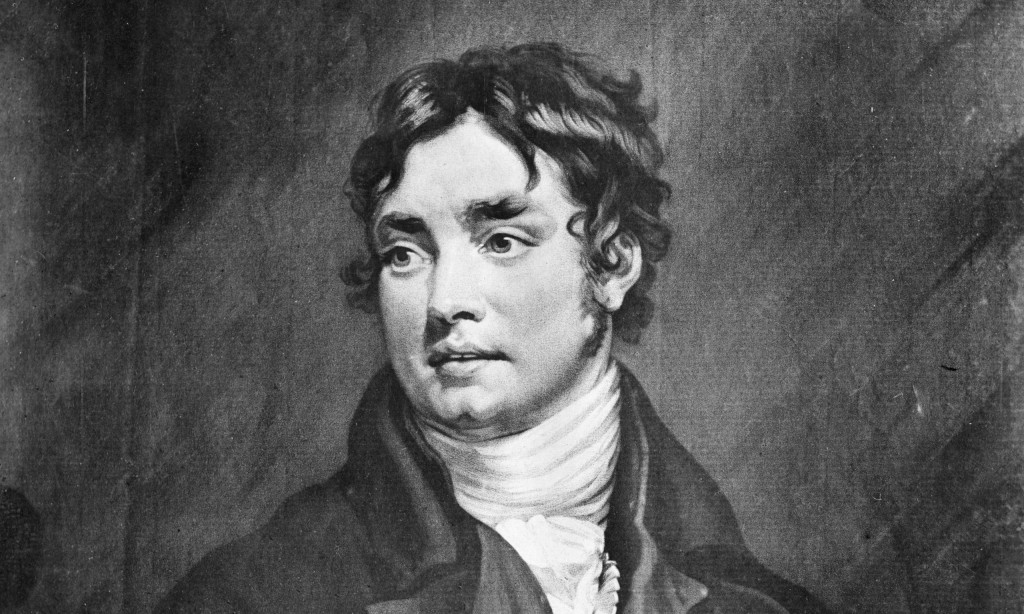Kyoto Conference on Coleridge and Contemplation, 27-29 March, 2015
The conference aims to recover a contemplative direction in Philosophy and in Literary Studies and returns to the literary and philosophical writings of S. T. Coleridge in the service of reflections on contemplation.
 Besides a small number of plenary lectures, there will be panel discussions and parallel sessions for the presentation of shorter papers.
Besides a small number of plenary lectures, there will be panel discussions and parallel sessions for the presentation of shorter papers.
Graduate students are warmly encouraged to attend, and there are some chances for transport funding, so please e-mail for details. The event is an excellent opportunity to learn about and further explore issues in literature and philosophy relating to contemplation, poetics, and aesthetic engagement. Please feel free to email Peter Cheyne, Kyoto Notre Dame University: cheyne@notredame.ac.jp if you have any questions.
The second stage of this project is to produce a book collecting essays developed from the conference. This will include essays by the Plenary Speakers, and will also give an opportunity for selected sessional papers to be developed and published.
Contemplation has recently received attention in the aesthetics of art and natural environments. It nevertheless remains a neglected area, despite the fact that it was a theme of profound importance to authors such as Plato, Aristotle, Plotinus, Proclus, the Desert Fathers, Aquinas, and so on until the modern era. A resurgence in seriously thinking about contemplation occurs with the Romantics, but unlike other Romantic themes which remain with us, contemplation became something of an abandoned ideal. This is in sharp contrast to the shared attitude of Plato and Aristotle, reflected in writers such as Aquinas, that contemplation is the ultimate end and good of the human soul. Understood thus, contemplation is a kind of noetic, synthesiszing stillness that aims to commune with or participate in Truth, Goodness, and Beauty. It is not the opposite of, but rather the currently neglected complement to the discursive, analytic tendency to finessing distinctions and divisions ascendent in English-language Philosophy and to a lesser extent other Humanities for the last hundred years.
Conference Team/
Abstracts are welcome on Coleridge and meditation / contemplation /poetic thinking.
Application procedure/
(1) If you wish to present a paper, please e-mail Peter Cheyne (cheyne@notredame.ac.jp) by 20th October 2014 stating:
(a) your name
(b) affiliation
(c) proposed title
(d) description of your topic, around 150 words.
(2) The deadline for submission of papers is 30th January 2015. Papers may be revised after that date, and the purpose of the deadline is to be sure that presentations are forthcoming. Plenary lectures will be one-hour long; panelists will present for thirty or forty minutes; and other talks will be for twenty minutes, plus plus extra time for questions.
While Plenary Speakers will each focus in their own ways on the theme of contemplation as found in and developed from Coleridge’s writings, participants are free to address more generally such topics as:
• poetry and contemplation
• poetic thinking as a general mode of human thought , or as it occurs in verse, as explored by, e.g., Holderlin, Gerard Manley Hopkins, Yeats, Heidegger
• contemplation in philosophy / history of ideas, esp. in writers whose ideas feature in Coleridge’s work, such as Plato, Plotinus, Proclus, Spinoza, Boehme, Kant, and Schelling
• the need / use / value of contemplation
• the role of contemplation in aesthetic engagement
• what is contemplation and does it need to be recovered / cultivated?
• are the Humanities becoming less contemplative as its researchers become more specialised?
• the places of silence and discourse in contemplation
• is meditation already contemplative or is it a preliminary to contemplation?
• Coleridge and idealism
• contemplative aesthetics, especially as related to Coleridge
• the 20th century saw a linguistic turn in philosophy, what might a contemplative turn involve?• meaning, value, and mind-independent Ideas
Reading Coleridge/
The Coleridge shelves at most good university libraries can be a daunting sight. Indeed, Coleridge’s own works amount to fifty physical volumes of his corpus, comprised by thirty-four physical volumes of the fifteen numbered titles in his Collected Works (CC, 1969-2002); the five heavy volumes of his Collected Notebooks (each with a companion volume of editor’s notes) (Notebooks, 1957-2002); and the six volumes of his Collected Letters (Letters, 1956-71). To ease the approach to Coleridge, here is a suggested reading list for Coleridge and Contemplation. Also, here is a Word file collecting some Coleridge quotes on topics related to contemplation: Contemplative Coleridge- quotes.
Suggested primary texts/
‘Meditative Poems in Blank Verse’, collected as a chapter of Sibylline Leaves
Poetical Works (Princeton/Routledge)
Biographia Literaria
Aids to Reflection
On the Constitution of Church and State According to the Idea of Each
The Friend
Coleridge’s Notebooks (ed. Seamus Perry): an introductory selection from the five-volume Collected Notebooks
A Book I Value (ed. Heather Jackson): an introductory selection from the six-volume Marginalia
Secondary reading suggestions/
Owen Barfield, What Coleridge Thought
J. Robert Barth, The Symbolic Imagination
James Cutsinger, The Form of Transfomed Vision: Coleridge and the Idea of God
Douglas Hedley, Coleridge, Religion and Philosophy
Richard Holmes, Coleridge: Early Visions and Coleridge: Darker Reflections
John Muirhead, Coleridge as Philosopher
Mary Anne Perkins, Coleridge’s Philosophy
James Vigus, Platonic Coleridge










1 comments
2015, año de congresos - SEyTA says:
Ene 25, 2015
[…] Congreso sobre Coleridge en Kioto […]